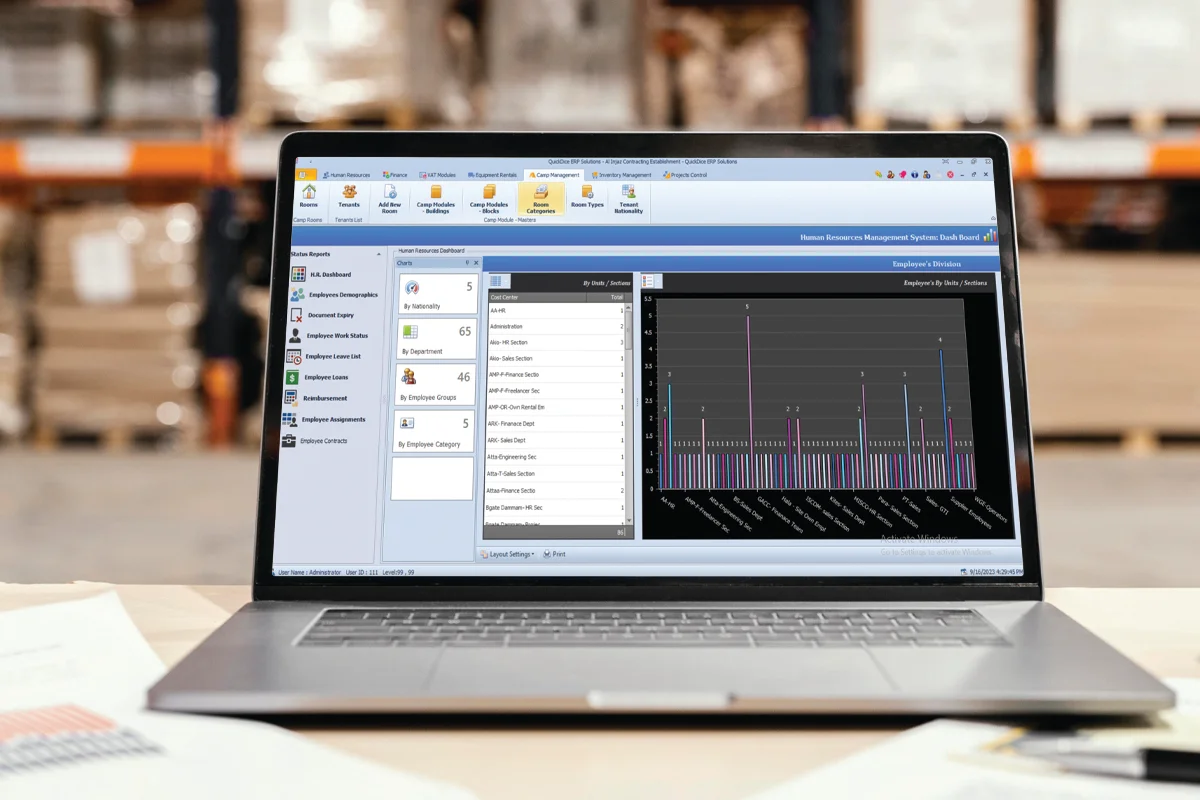

In the current dynamic business environment, organizations are recognizing that Human Resource Management is a strategic tool in overall growth. Additional high-level HRIS systems can be used to automate basic HR operations including payroll, employee data, employee benefits and regulatory obligations. An HRIS system enables an HR team to devote more time to people building, enhancing work culture and aligning people practices with business strategy, since manual errors and time-consuming routine tasks are eliminated. This digital transition does not only save precious time but also gives accurate information in order to make better decisions.
Meanwhile, the diversity of HRIS systems types that can be offered means that any business will be capable of selecting one that will address their needs in the best possible manner. These tools help in managing day-to-day business and support workforce analytics and thus make a company work more efficiently and increase employee satisfaction. The varied nature of the benefits of the HRIS systems justifies its use in organizations of all sizes. Smart HR management allows enterprises to enhance performance, enhance transparency and generate long-term value through the use of technology to improve administrative process in addition to strategic performance.
An HRIS system is a single system that is used to input employee information and payroll, attendance, performance management, and compliance. Automating these recurring process saves time as well as enhancing accuracy and compliance with the HRIS systems.
Rather than spend time with spreadsheets, HR managers can incorporate dashboards, reports, and self-service portals to minimize administrative overheads and implementing decisions. This will result in a better workforce experience and growth of businesses.
HR software in Saudi Arabia and around the world is increasingly being embraced by modern businesses to keep up with the rising demand of digitalized HR management. The advantages cannot be denied
1. Automation of HR Functions– Curtails tedious paperwork, be it tracking of attendance to leave clearances.
2. Information Accuracy & Compliance – Reduces errors and labor law compliance with information accuracy and compliance
3. Improved Employee Experience –Provides employee self-service capabilities to easily store employee personal data.
4. Better Decision-Making – It generates real-time workforce planning analytics.
5. Time & Cost Efficiency –wasting the resources that can be used towards strategic HR initiatives.
These benefits of HRIS systems explain why organizations are adopting the use of digital HR tools, whether startups or multinationals.
Various companies have various needs The five broad types of HRIS systems include the following:
Prioritizes key HR activities like payroll and attendance as well as benefits.
Application: processing the shifts and salaries of shift workers is automated by a manufacturing company.
Supports companies in automating their recruitment and training processes and performance monitoring in addition to the maintainance of compliance standards.
Application Scenario: Tactical HRIS is used in a fast-growing tech startup to manage hiring and compliance reports.
Helps HR manage with succession planning tools, workforce analytics and leadership development.
Application: A global company undertakes recruitment planning and predicts the leadership demands in the future.
Cover the entire employee life-cycle, including; recruiting, training, paying, assessing and off boarding.
Application: This can be utilized by large organizations since companies having various departments use the same HRIS dashboard.
Affordable products gearing towards a particular aspect such as payroll or onboarding.
Use Case: Startups have a minimalistic HRIS system that only carries out payroll, and they have to do all the other HR processes manually.
When considering the best option in terms of HRIS, it looks at factors in your company that include:
In regards to the integration of reliable HR software in Saudi Arabia, companies should have the solution which they can implement combining technology and flexibility. Quickidce is an accredited solution provider with ERP/HRIS solutions ready to be used by organizations of any size. By facilitating all operational tasks to long term HR planning, Quickidce saves the money and time, boosting the efficiency of the workforce.
Quickidce will support you in achieving HR success whether you are a startup in search of a payroll-centric system or an enterprise in search of a comprehensive HRIS. Versatile and simple to implement, Quickidce has emerged as a leading solution in terms of establishing trust as well as compliance and efficiency within the organizations that use this HR practice.
The process of selecting an HRIS systems is not just technological upgrade, it is an investment in more intelligent HR management. These systems automate monotonous HR tasks and centralize employee data to ensure that businesses will be able to continue operating efficiently, compliantly, and future-proof. Either utilizing operational tools or a multi-dimensional platform, organizations can have access to a set of desirable insights that form better choices and improved employee experience. The benefits of the HRIS system are not only tied to cost advantage, but it also makes HR a growth and strategy driver.
As a business grows, it is imperative that they adopt the appropriate solution out of the three available classes of the HRIS systems in order to be in the business long-term. Helping to enhance recruitment and payrolls to even facilitating workforce planning, these platforms help the HR to concentrate on the people and not the paperwork. Modern HR tools can be used by companies to enhance trust, maximize productivity and ensure the workforce of a company is managed efficiently and humanely, with the right strategy.
Comments are closed